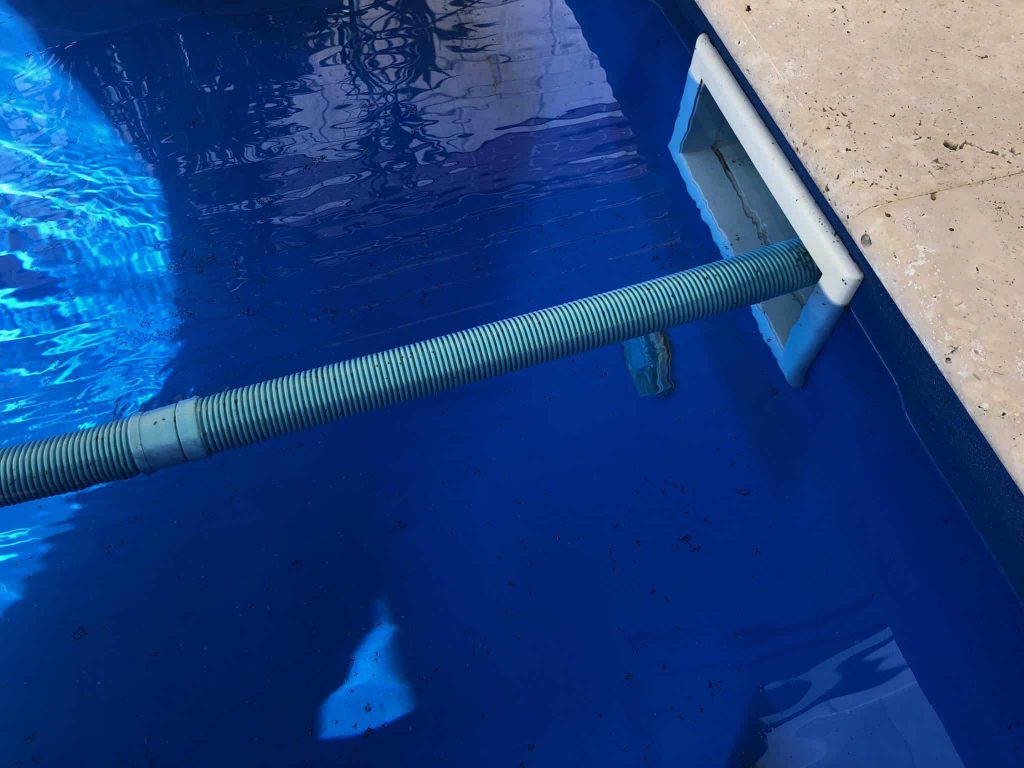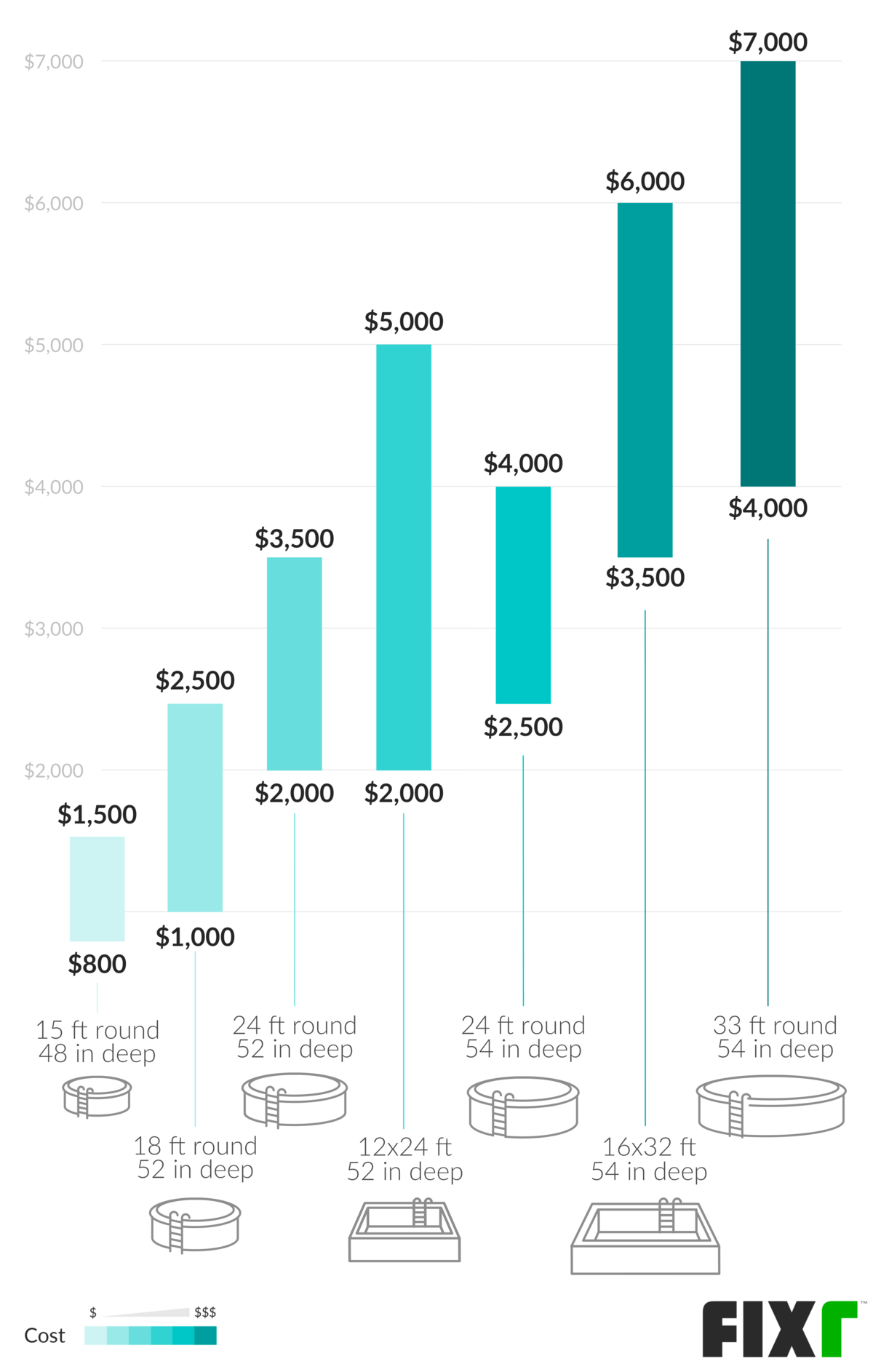You may enjoy splashing around in your pool during the hot summer months, but when winter rolls around, it’s important to consider the maintenance requirements. Have you ever wondered what happens if you choose not to drain your pool for the winter season? Well, neglecting this crucial step can lead to a host of potential problems, including frozen pipes, damaged equipment, and costly repairs. In this article, we will explore the potential consequences of not properly draining your pool and provide you with some tips on how to prepare for the winter months ahead. So, grab a warm drink, get comfy, and let’s dive into the fascinating world of winter pool care!
Potential Issues
Winterizing your pool is an essential step in maintaining its longevity and ensuring that it remains in great condition throughout the colder months. Neglecting to properly winterize your pool can lead to several potential issues that can be costly and time-consuming to repair. Understanding these potential issues can help you take the necessary steps to prevent them from occurring.
Water freezing and expanding
One of the primary concerns when winterizing your pool is the risk of water freezing and expanding. When water freezes, it expands in volume, and if not properly managed, this expansion can cause significant damage to your pool’s structure. The expanding ice can crack or fracture the walls, floor, or even the plumbing of your pool, leading to expensive repairs in the future.
Damage to the pool structure
Another potential issue that can arise if you don’t drain your pool for winter is damage to the pool structure. As mentioned earlier, freezing water can cause cracks and fractures, but even without freezing, the weight of ice and snow can put immense pressure on the pool walls and floor. Over time, this pressure can lead to structural damage, compromising the integrity of the pool and necessitating extensive repairs.
Chemical imbalance
Maintaining a proper chemical balance in your pool is crucial for ensuring the water remains clean and safe for swimmers. During winter, when the pool is not in use, chemical imbalances can occur more easily. Without proper winterization, the chemicals can become unbalanced, leading to issues such as corrosion, staining, or even the growth of harmful bacteria and algae. These imbalances can be difficult and time-consuming to correct, requiring additional effort and expense to restore the pool to its optimal state.
This image is property of images.pexels.com.
Algae growth
Algae growth is a common problem in pools, and failing to drain your pool for winter can create an environment conducive to algae growth. If there is any water left in the pool during winter, it can become a breeding ground for algae spores. Once the weather starts to warm up, these spores can quickly multiply, resulting in a green and unsightly pool. Removing algae infestations can be a labor-intensive process that requires specialized chemicals and manual labor to eliminate completely.
Bacterial growth
Similar to algae, a pool that is not drained and properly winterized can also become a breeding ground for bacteria. Bacteria thrive in warm and stagnant water, and even a small amount of water left in the pool can create an environment suitable for bacterial growth. This poses a health hazard to swimmers and can lead to illnesses such as skin infections or even respiratory issues. Eliminating bacterial growth can be challenging, requiring the use of strong disinfectants and thorough cleaning to ensure the pool is safe for use.
Steps to Winterize Your Pool
Now that we’ve covered the potential issues that can arise if you don’t drain your pool for winter, let’s explore the steps you can take to properly winterize your pool and avoid these problems.
Adjust and balance the water chemistry
Before you start the winterization process, it’s crucial to adjust and balance the water chemistry in your pool. Test the water to ensure the pH, alkalinity, and sanitizer levels are within the appropriate range. By starting with balanced water chemistry, you can minimize the risk of chemical imbalances and corrosion during the winter months.
This image is property of images.pexels.com.
Clean the pool thoroughly
Thoroughly cleaning your pool is an essential step in the winterization process. Remove any debris, such as leaves or twigs, from the water. Scrub the pool walls, floor, and steps to eliminate any algae or bacteria present. Vacuum the pool to remove any remaining dirt or sediment. A clean pool will be easier to maintain during the winter months and will help prevent the growth of algae and bacteria.
Remove all pool accessories and equipment
To protect your pool and equipment from potential damage, it’s important to remove all pool accessories and equipment before winterizing. This includes items such as ladders, diving boards, skimmer baskets, and pump baskets. Store these accessories in a dry and safe place to prevent them from becoming damaged or deteriorating during the winter.
Lower the water level
Lowering the water level in your pool is an essential step to prevent any potential damage caused by freezing water. Reduce the water level to below the skimmer line, typically around 4-6 inches below the tile line. This prevents the water in the skimmer and return lines from freezing and expanding, which can lead to cracks or leaks.
This image is property of images.pexels.com.
Add winterizing chemicals
Adding winterizing chemicals to your pool is critical for maintaining water quality and preventing the growth of algae and bacteria. These chemicals are designed to create a barrier that inhibits the growth of microorganisms during the winter months. Follow the manufacturer’s instructions to determine the appropriate type and amount of winterizing chemicals to add to your pool.
Cover the pool securely
The final step in winterizing your pool is to securely cover it. A pool cover provides an added layer of protection against debris, leaves, and other contaminants that can enter the pool during the winter months. Ensure that the cover is securely fastened to prevent it from becoming dislodged by wind or other external factors. A properly secured cover will also prevent water from accumulating on the cover, which can cause damage or foster the growth of algae.
Benefits of Draining the Pool
While draining the pool may not be necessary for all types of pools or in certain circumstances, it offers several benefits when it comes to winterizing your pool.
Preventing freezing and expanding
Draining the pool completely eliminates the risk of water freezing and expanding, which can cause significant damage to your pool’s structure. By removing all the water, there is no opportunity for ice to form and exert pressure on the pool walls, floor, or plumbing. This reduces the likelihood of costly repairs and ensures the longevity of your pool.
Protecting the pool structure
Draining the pool also provides added protection to the pool structure during the winter months. By removing the water, you eliminate the risk of the pool walls, floor, or plumbing being damaged by freezing, expanding ice or the weight of ice and snow. This prevents structural issues and extends the lifespan of your pool.
Maintaining chemical balance
When you drain the pool for winter, you eliminate the need for extensive chemical treatment to maintain water balance throughout the cold season. Without water in the pool, there is no need to worry about chemical imbalances, corrosion, staining, or the growth of algae and bacteria. This simplifies the winterization process and reduces the time and effort required to maintain your pool during the winter.
Preventing algae and bacterial growth
Draining the pool eliminates the presence of stagnant water, which can become a breeding ground for algae and bacteria. Without any water remaining in the pool, there is no opportunity for algae spores or bacteria to thrive and multiply. By preventing their growth, you minimize the risk of having to deal with an algae-infested or bacteria-ridden pool when you reopen it in the spring.
Easier pool opening in spring
By draining your pool during winter, you make the pool opening process in spring significantly easier and more efficient. Without water in the pool, you avoid the need to pump out large volumes of water, clean excessive debris, or spend excessive amounts of time rebalancing the pool water chemistry. This means you can get your pool up and running more quickly, allowing for a smooth transition to the swimming season.
Exceptions to Draining the Pool
While draining the pool is generally advisable for winterizing, there are some exceptions where it may not be necessary or may even be detrimental to the pool’s integrity.
Heated pools
If you have a heated pool, draining it completely may not be necessary. Heated pools are designed to maintain a constant temperature, which significantly reduces the risk of freezing and expanding water. In such cases, it may be sufficient to lower the water level, balance the chemistry, and cover the pool securely to protect it from debris and other contaminants.
Vinyl liner pools
Vinyl liner pools require special consideration when it comes to winterizing. Draining a vinyl liner pool completely can cause the liner to shrink and even collapse, leading to extensive damage. Depending on the manufacturer’s recommendations and climatic conditions, it may be advisable to lower the water level slightly and add specific winterizing chemicals to protect the liner. Consult with a professional or refer to the manufacturer’s guidelines to ensure the proper winterization of your vinyl liner pool.
Fiberglass pools
Fiberglass pools are known for their structural integrity and resistance to the effects of freezing and expanding water. In most cases, draining a fiberglass pool is not necessary and may even cause damage to the pool shell. Similar to heated pools, lowering the water level, balancing the chemistry, and securely covering the pool is typically sufficient to winterize a fiberglass pool.
Conclusion
Winterizing your pool is a crucial step in maintaining its longevity and ensuring that it remains in great condition year after year. Neglecting to properly winterize your pool can result in a range of potential issues, including freezing water damage, structural damage, chemical imbalance, algae growth, and bacterial growth. By following the steps to winterize your pool and considering the exceptions to draining, you can prevent these issues and enjoy an easier pool opening in the spring. So, make sure to take the time and effort to properly winterize your pool, and you’ll be rewarded with a beautiful and functional pool for years to come.








